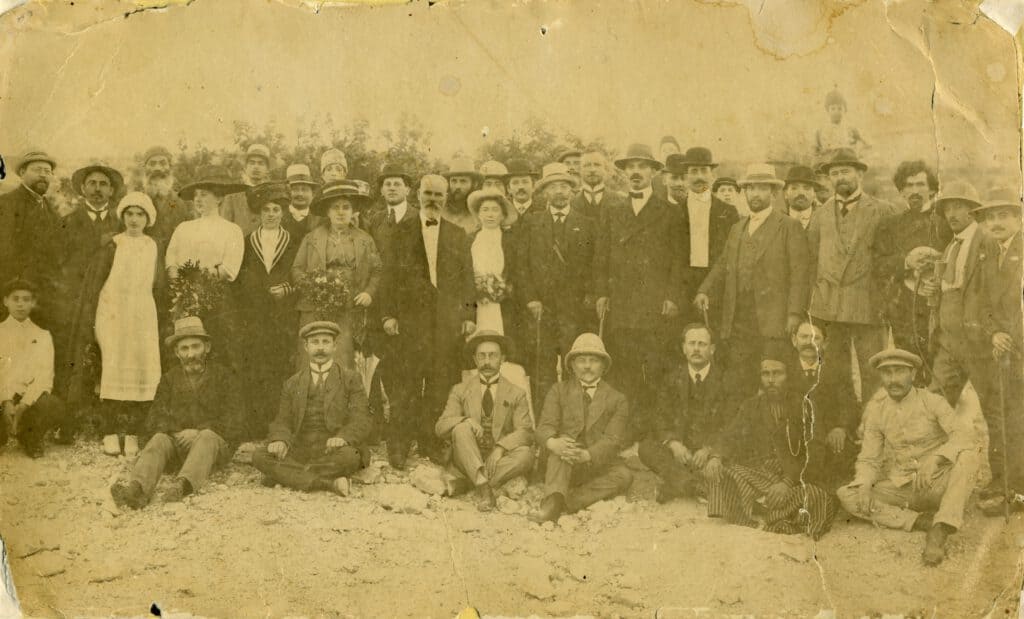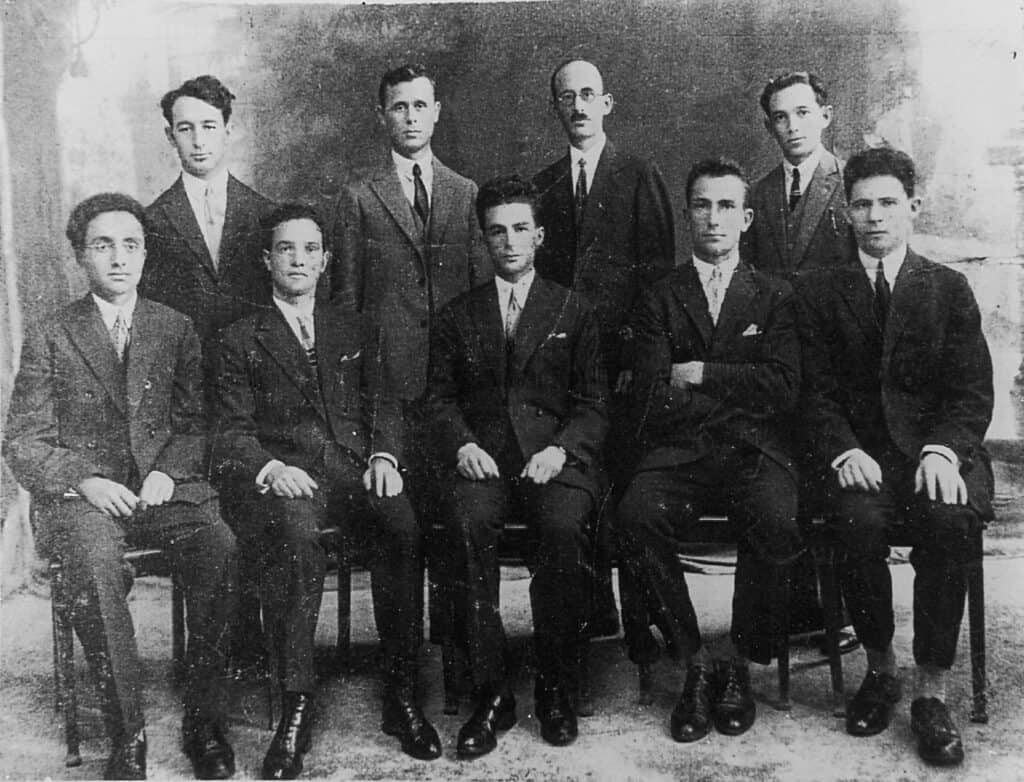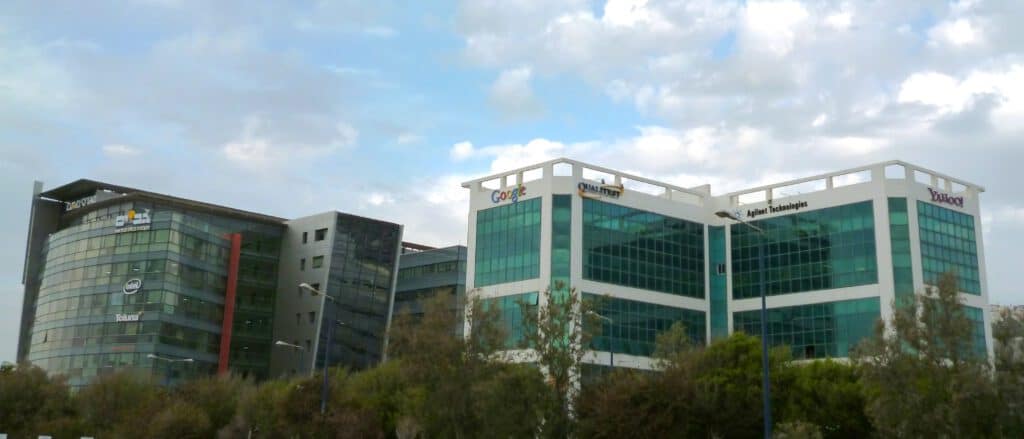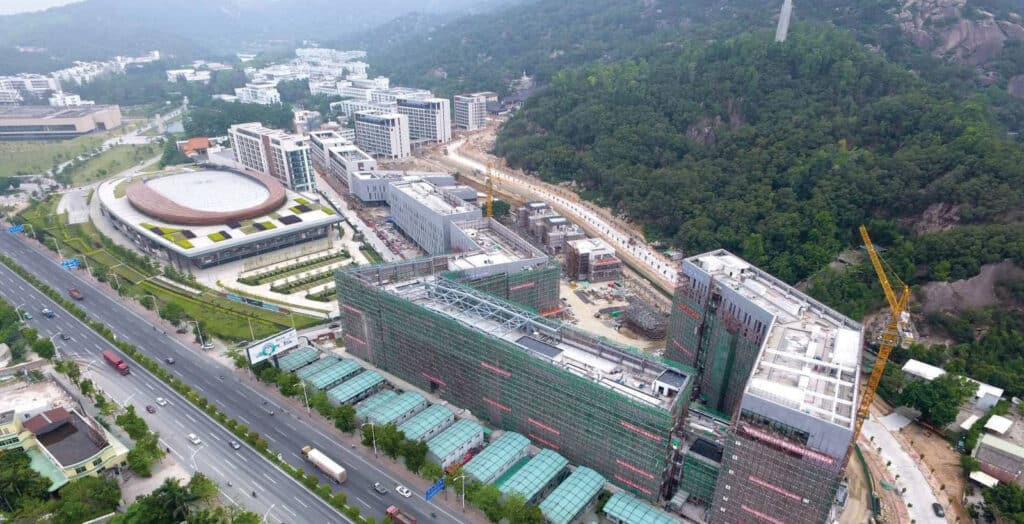The Technion was founded at a time when young Jewish people in Europe could not study without hindrance. The foundation stone was laid in Haifa in 1912 and the training of the first engineers began in 1924, 24 years before the state of Israel was founded. The entire planning and financing of the first Technion building and its maintenance was carried out from Germany.

From left to right (standing): Nachum Armon, Nachum Karol, unknown, Kurdish well digger, sister of Mrs. Barsky, engineer Emsalem, Mrs. Barsky, Mr. Wexler, Mr. Assiskin, unknown, Shmuel Pewsner, Nathan Kaisermann, Yehoshua Hankin, Mrs. Tschelnow, Shmuel Itzkovich, Dr. Yehiel (Chlenov) Tschelnow, German Consul Julius Löytved Hardegg, Dr. Schmaryahu Levin (keynote speech), Yosef Barsky, Dr. Hillel Jaffe, Yaacov Neumann, Ephraim Cohn, Israel Shohat, Hayim Hari and Bezalel Shklarsky. Seated: Zeigerman boy, Yemenite stonemason, Shimon Levin, engineer Tuvia Dunnia, Mr. Belkind, unknown, Avraham Medina, Mr. Rivnikar, unknown
Since this opening with the subjects of architecture and civil engineering, the Technion has provided training for the engineers who were urgently needed in the country. In this way, it significantly advanced the country’s economy.

Albert Einstein was the first chairman of the first Technion Society, which was founded in his apartment in Berlin-Schöneberg. The university, which was named the Technical University when the State of Israel was founded, opened an incubator for spin-offs at an early stage, which developed ideas and inventions from Technion scientists to product maturity. It was followed by Israel’s first technology park on the coast of Haifa, MATAM, which quickly became home to countless start-ups by Technion alumni and global players.

In 2011, the Technion, together with Cornell University, won a global tender to open a joint campus in NYC specializing in applied research.

In 2015, the Technion opened a campus in Shantou, in the Chinese province of Guangdong, which brought the teaching and research methods of the Israeli university to China, offering life sciences, medicine and biomedical engineering in particular.

The management of the Technion
The management of the Technion – Israel Institute of Technology – consists of the President and his Vice Presidents with different areas of responsibility. The deputies comprise the Executive Vice President for Innovation and Industry Relations, the Senior Executive Vice President, the Executive Vice President for Research, the Executive Vice President for Academic Affairs, the Executive Vice President & Director General, the Vice President for External Relations and Resource Development and the Vice President for Diversity and Inclusion.
The President is elected for a term of five years, the term of office of the Vice Presidents is three years.
The most important decision-making body of the Technion is the Board of Governors (BoG), to which representatives of the German Technion Society are also regularly elected. The term of office for delegates is three years and can be extended in the event of re-election. The public meeting of the BoG takes place once a year, mainly in June. In addition to the Chairman of the Board of Governors, the members of the Technion Council are exclusively Israeli personalities and scientists from the university.